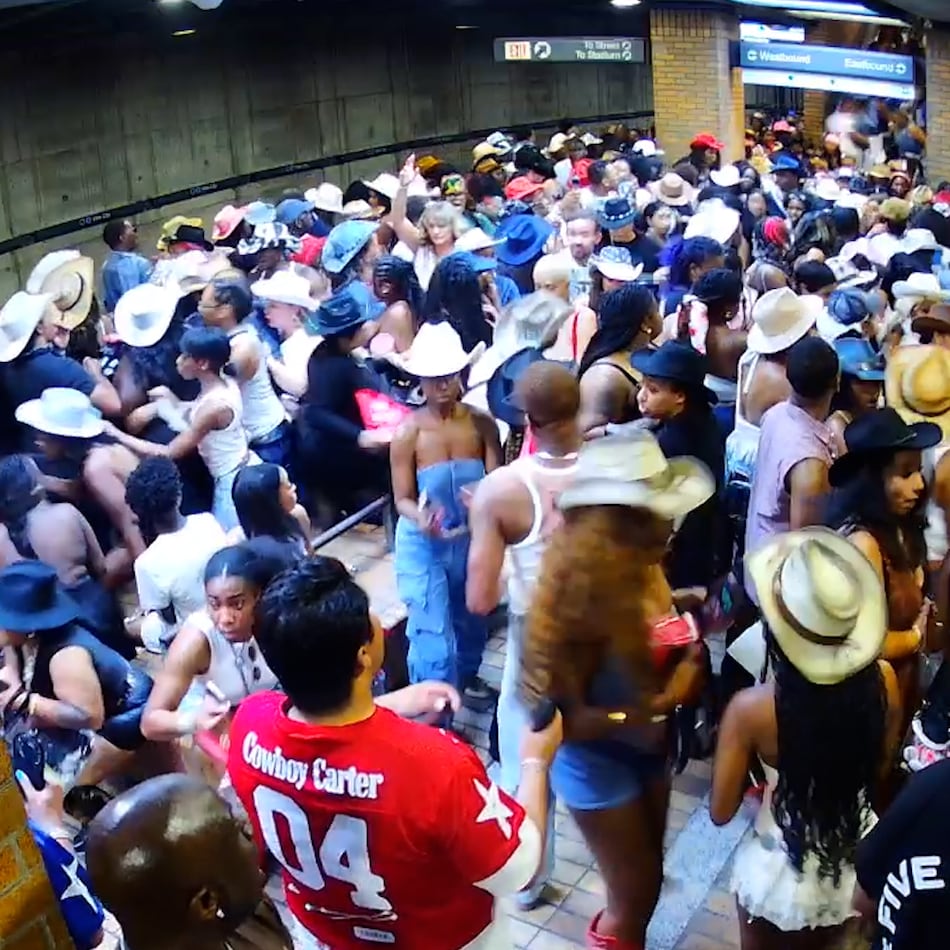TOKYO (AP) — Japan's Prime Minister Shigeru Ishiba denied again on Wednesday plans for resignation following a historic defeat of his ruling party in a weekend election despite growing calls for him to step down, saying he wanted to ensure the appropriate implementation of a new tariff agreement with the United States.
Ishiaba met with heavyweights from his ruling Liberal Democratic Party and former prime ministers Taro Aso, Fumio Kishida and Yoshihide Suga on Wednesday at party headquarters. He told reporters afterward that they did not discuss his resignation or a new party leadership contest, but only the election results, voters’ dissatisfaction and the urgent need to avoid party discord.
Despite his business-as-usual demeanor, Ishiba is under increasing pressure to bow out after his ruling party and its junior coalition partner, Komeito, lost Sunday their majority in the 248-member upper house, the smaller and less powerful of Japan's two-chamber parliament, shaking his grip on power.
This came after a loss in the more powerful lower house in October, and so his coalition now lacks a majority in both houses of parliament, making it even more difficult for his government to pass policies and worsening Japan's political instability.
Ishiba had announced Monday he intended to stay on to tackle pressing challenges, including tariff talks with the U.S., so as not to create a political vacuum despite calls from inside and outside his party for a quick resignation.
Japanese media said he is expected to soon announce plans to step down in August.
The conservative Yomiuri newspaper said in an extra edition on Wednesday Ishiba had decided to announce his resignation by the end of July after receiving a detailed report from his chief trade negotiator, Ryosei Akazawa, on the impact of the U.S. tariffs on the Japanese economy, paving the way for a new party leader.
Ishiba denied the report and said he wants to focus on the U.S. trade deal, which covers more than 4,000 goods affecting many Japanese producers and industries. He welcomed the new agreement, which places tariffs at 15% on Japanese cars and other goods imported into the U.S. from Japan, down from the initial 25%.
Still, local media are already speculating about possible successors for the ruling party. Among them are ultra-conservative former Economic Security Minister Sanae Takaichi, who lost to Ishiba in September. Another conservative former Economic Security Minister Takayuki Kobayashi, and Agriculture Minister Shinjiro Koizumi, the son of former popular Prime Minister Junichiro Koizumi, are also seen as potential challengers.
In Sunday's election, voters frustrated with price increases exceeding the pace of wage hikes, especially younger people who have long felt ignored by the ruling government's focus on senior voters, rapidly turned to an emerging conservative Democratic Party for the People and right-wing populist Sanseito.
None of the opposition parties have shown interest in forming a full-fledged alliance with the governing coalition, but they have said they are open to cooperating on policy.
__
Associated Press writer Reeno Hashimoto in Tokyo contributed to this report.
Credit: AP
Credit: AP
Keep Reading
The Latest
Featured




